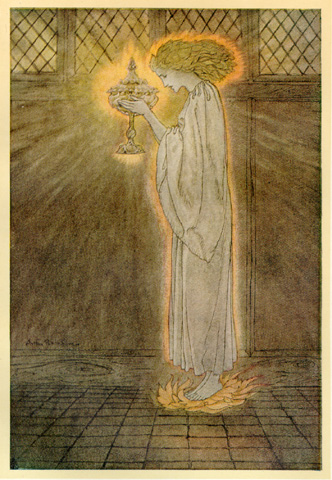Last week was Christmas, and to me, oddly enough, it’s not quite Christmas without Horatio Hornblower. When Bing Crosby is incessantly crooning about wanting a White Christmas, I'd much rather be humming the "It's the INDIE!" theme:
When the A&E Hornblower miniseries came out starring Eoin Gruffudd, I had not read the books. Between seeing the first episode and eventually getting the second from
the library, I’d read pretty much all of them. Episodes seemed to come out around Christmas-time. Even if they didn’t, it turned out my cousin
was also a fan, so I’d have them on the old-fashioned VHS waiting for when my
cousin came to visit at Christmas. Nobody else seemed to share our fascination for watching cannons blowing
French frigates to smithereens, so we’d stay up late, the sound turned down and
our heads bent close to the screen in order to hear the whisper-quiet dialog
while everyone else was sleeping.





































